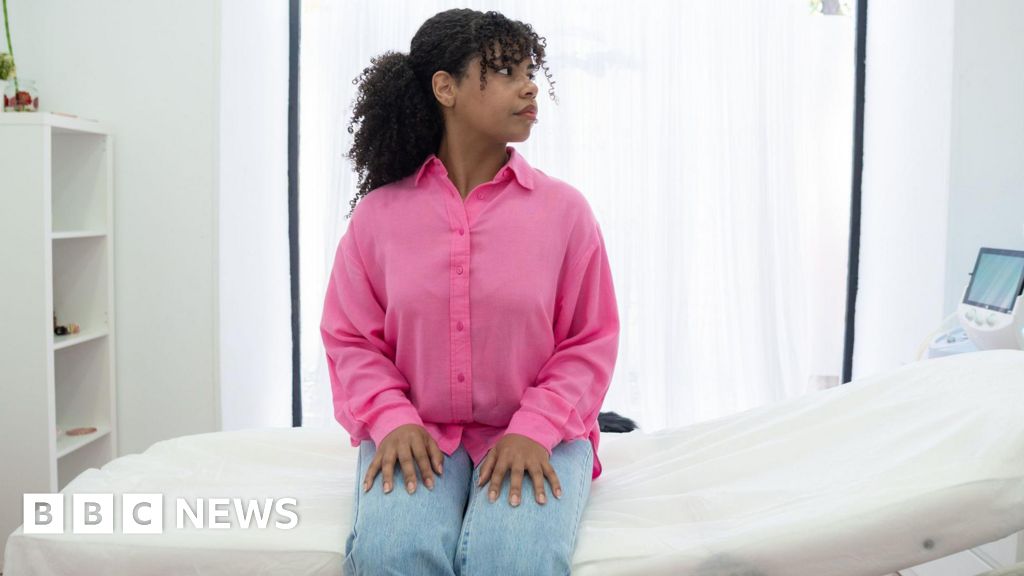Auto Amazon Links: No products found. Blocked by captcha.
In England, women aged 25-49 will now receive invitations for cervical screening every five years instead of every three if their test results are negative. The change comes after research showed that women in this age group are at a very low risk of developing cervical cancer and can safely wait longer between screenings. NHS England has attributed the decrease in cases of cervical cancer to the rollout of a vaccine that protects against HPV, the virus responsible for nearly all cervical cancers.
This new screening schedule, which has already been implemented in Scotland and Wales, will come into effect in England starting from 1 July. Cancer Research UK emphasizes the importance of not waiting for a screening invitation if women notice any unusual changes and encourages regular cervical screenings for individuals aged 25-64. Currently, individuals aged 50-64 are invited for screening every five years, while those aged 25-49 are invited every three years.
NHS England’s decision to extend the screening interval for younger women is part of a more personalized approach to spare them unnecessary appointments. Cervical screening involves testing for HPV, as certain types of the virus can cause cell changes in the cervix that may eventually lead to cancer. Studies have shown that a negative HPV test indicates a very low likelihood of developing cervical cancer over the next decade, making it a more accurate screening method than simply looking for cancer cells.
The shift to screening every five years has been deemed as safe as the previous three-year interval, with studies indicating that the same number of cancers are detected while requiring fewer screening tests. Eligible individuals will receive notifications via the NHS app to schedule their screening appointments. Dr. Sue Mann, national director for women’s health at NHS England, emphasizes the importance of following evidence-based guidelines to ensure safe and effective screening practices. The goal of the NHS is to potentially eliminate cervical cancer by 2040 through improved vaccination rates and screening programs, as cervical cancer ranks as the fourth most common cancer among women globally
Read the full article from The BBC here: Read More
Auto Amazon Links: No products found. Blocked by captcha.











